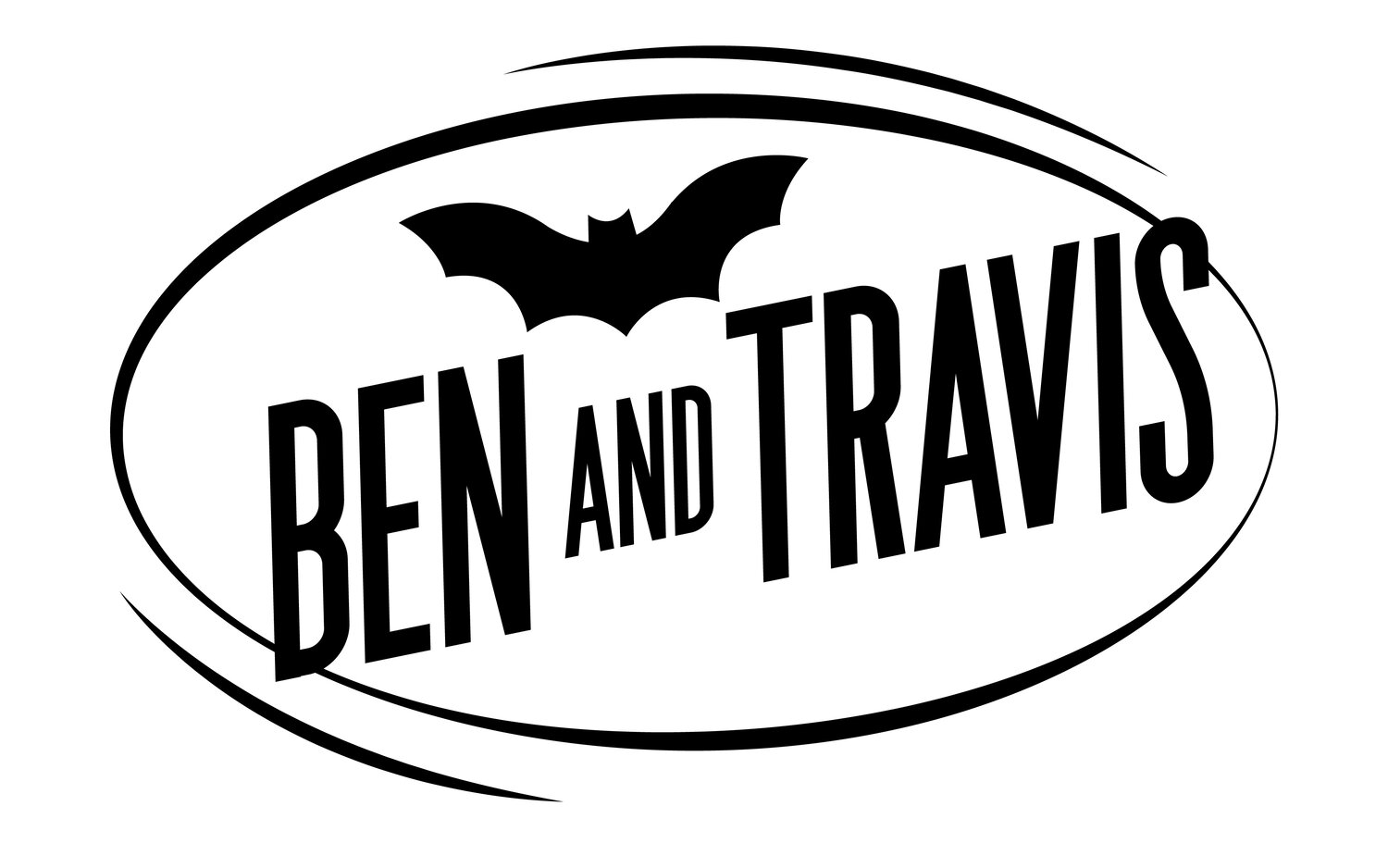What’s Your Excuse?
David is the most beloved king of the Old Testament. The nickname “the man after God’s own heart” tells us that not only did God choose to overlook his indiscretions when he repented, but the people of God throughout history have chosen to focus rather on the positive aspects of the beloved king. Yet, as we have already established, there are plenty of consequences for those actions. One of which is the coup that takes place by Absalom.
Absalom and the men with him (with the exception of Hushai, David’s spy) wanted to finish the job by hunting down David to destroy him. Thanks to Hushai and God’s providence, they were unable to locate him. As David had always done with Saul, he seemed one step ahead of his pursuers.
But how is it that your friends seem to always be able to find you, even when your enemies cannot seem to. And in David’s day there were no phones or encrypted emails. Yet, his friends seemed to show up at just the right time. Three in particular show up while David is hiding in the wilderness: Shobi, Machir, and Barzillai. And I would probably dare say that most church going folks haven’t ever really heard of them and certainly haven’t thought much about them. But these three men are the major role players in one of my favorite instances in Scripture.
While David is hiding they hear he is in need and they waste no time. They bring what sounds like trailer loads of supplies and food: Beds, basins, and pottery. Wheat, barley, flour, parched grain, beans, lentils, parched seeds, honey, and curds. Also sheep and cheese that came from the herds. This is no small gift and this isn’t just enough for David but for the possible hundreds that are with him.
How do they get it there without being seen? What kind of man power did this take? What sacrifices had they made to get it? How long does it take them to arrive after leaving?
None of those questions are answered. All we know is that they had heard a statement: “The people are hungry and weary and thirsty in the wilderness” (2 Samuel 17:27-29). And when they heard that statement they didn’t hesitate to meet the pressing needs of their king and friend, David. Titus 3:14 says, “our people must learn to engage in good deeds, to meet pressing needs, so that they will not be unfruitful.” Shobi, Machir, and Barzillai certainly were ahead of their time when it comes to hospitality.
And if it ended there it would be an amazing story. But it doesn’t. There is more to the three men that brought a caravan of goodness to the king. Shobi was from an area that David had been at war with (2 Samuel 10). Shobi could have said, “you didn’t care about my people, I’m not going to care about you.” But instead, Shobi served.
Machir was the guy who cared for Mephibosheth, the son of Jonathan (2 Samuel 9:4-5). Mephibosheth had been injured when his nurse was fleeing with him after the death of Saul and Jonathan (2 Samuel 4:4). Machir, as his caretaker, could have easily claimed that he had fulfilled his quota of good deeds for his lifetime. But when the opportunity came to serve David and those in need in the wilderness, Machir was in the caravan.
And then there was Barzillai. Two chapters later we learn that he is 80 years old. I’ve heard plenty of older believers claim that they have “put in their time” in service to the church. I’m certain being 80 in Old Testament times had to be harder than being 80 in our time period. There was no health care to speak of. Ecclesiastes 12:1-8 describes in figurative terms what it was like to grow older. Hearing, vision, taste, and abilities all seem to decline. Yet, Barzillai loaded the wagons and visited David in the wilderness.
When people are in need, what is your response? Are you willing to meet the pressing needs of others or do you make excuses why you can’t or won’t serve? A few thousand years ago some of David’s friends eliminated excuses from their mind and loaded the wagons. Not many people know their names now, but you better believe their service was significant to David.
Ben
